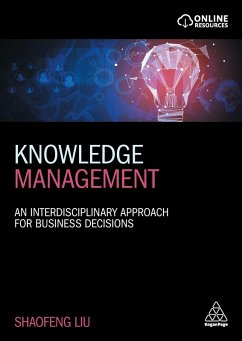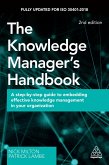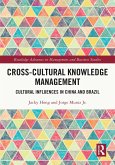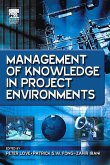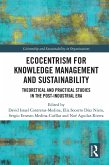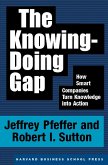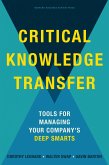As knowledge economies become increasingly important around the world, it is essential that organizations are able to transform their knowledge into a competitive advantage. This textbook offers an interdisciplinary approach to knowledge management written specifically for postgraduate students in business and management schools. Knowledge Management presents classic and advanced concepts, models and frameworks using a clear logical structure, which covers building knowledge competence, the knowledge lifecycle, and integration of knowledge management with business decision making. An overall framework illustrates links between chapters and ensures readers can gain a body of actionable knowledge rather than learning isolated, uncontextualized topics.
Based on cutting-edge research findings and covering the most advanced IT and IS technologies, this book emphasises the need for knowledge management to span boundaries across organizations, supply chains and partnerships, rather than being limited to individual learning and sharing within businesses. Knowledge Management is international in scope and includes real world case studies and role play scenarios to show how theories are applied in practice, and "think back" and "critique discussion" questions to encourage reflective learning and critical thinking. This indispensable text provides a dynamic picture of the evolution of knowledge management and demonstrates its full potential to enable better business decisions. Accompanying online resources include PowerPoint slides for lecturers and exercise questions for students.
Based on cutting-edge research findings and covering the most advanced IT and IS technologies, this book emphasises the need for knowledge management to span boundaries across organizations, supply chains and partnerships, rather than being limited to individual learning and sharing within businesses. Knowledge Management is international in scope and includes real world case studies and role play scenarios to show how theories are applied in practice, and "think back" and "critique discussion" questions to encourage reflective learning and critical thinking. This indispensable text provides a dynamic picture of the evolution of knowledge management and demonstrates its full potential to enable better business decisions. Accompanying online resources include PowerPoint slides for lecturers and exercise questions for students.

